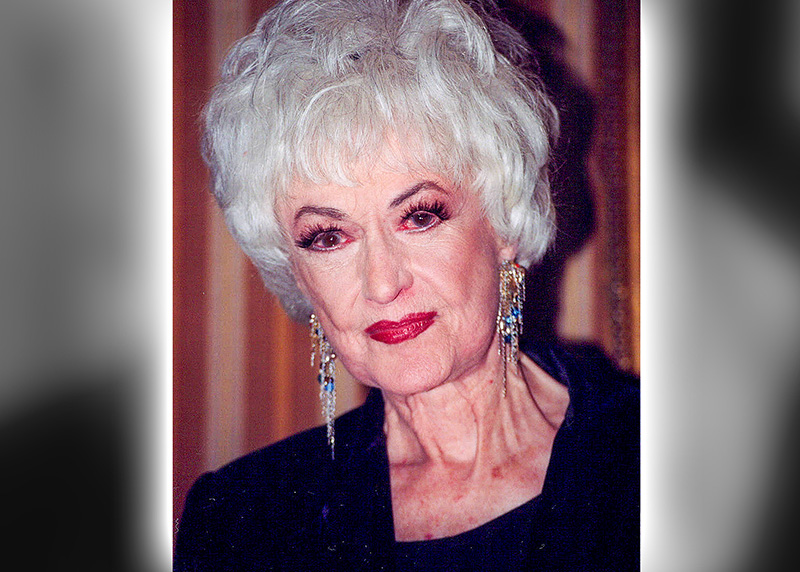Judge Blocks Arkansas Law to Jail Librarians for “Harmful” Books
Federal judge finds law's opponents are likely to prove that law to prohibit "inappropriate" materials is overly vague and unconstitutional.

A federal judge has temporarily blocked an Arkansas law that would have allowed librarians, teachers, and booksellers to be imprisoned for up to six years or fined $10,000 if they allow minors to access “obscene” or “harmful’ books or electronic materials.
On July 29, U.S. District Judge Timothy Brooks, of the Western District of Arkansas, issued a preliminary injunction preventing the state from enforcing the law, which critics say forces librarians and booksellers to censor or refuse to make available various book titles or risk being sued or prosecuted.
The law, which was set to go into effect on Aug. 1, also creates a new process to challenge library books or materials deemed “inappropriate” and have them removed from shelves or relocated to areas where they can’t be accessed by minors.
A group consisting of several libraries, library associations, individual librarians, civil liberties advocates, and readers sued to have the law overturned, arguing that two provisions in the law, including the challenge process, violates the First and Fourteenth Amendments of the U.S. Constitution. The group also argues that the law attempts to revive an old state law that was previously declared unconstitutional in 2004.
The coalition members argued in, in filings with the court, that without a preliminary injunction to block the state from enforcing the law, the plaintiffs could suffer irreparable harm, in violation of their right to free speech, reports Politico.
“The question we had to ask was — do Arkansans still legally have access to reading materials? Luckily, the judicial system has once again defended our highly valued liberties,’ Holly Dickson, the executive director of the ACLU in Arkansas, said in a statement.
The lawsuit names the state’s 28 local prosecutors as defendants, along with Crawford County in West Arkansas. Crawford County’s library system is also the subject of a separate lawsuit, brought by three parents who objected to the relocation of LGBTQ-themed children’s books from the children’s section to the adult section of county libraries.
In issuing the temporary injunction, Brooks found that the plaintiffs are likely to succeed in proving that the at least two provisions in the law are unconstitutional.
“During the evidentiary hearing, the Court asked the State whether ‘makes available’ meant ‘merely having [a book] on a bookshelf with nothing harmful on the cover or the spine, merely having it on a shelf with other books,’ and the response was, ‘I’m not sure we go that far.’ The State’s attorney suggested, however, that it was possible that liability could attach to booksellers or librarians ‘if there was an open book that was just on the shelf’ and the bookseller or librarian ‘kn[ew] for a fact the minor was actually viewing the material and then willfully turn[ing] a blind eye to it,'” Brooks wrote in his order.
“This explanation demonstrates the challenge facing booksellers and librarian,” he added. “There is no clarity on what affirmative steps a bookseller or librarian must take to avoid a violation.”
Brooks said that the book challenge provision in the law is overly vague and that the standards for determining the “appropriateness” of a book will inevitably result in it being removed from shelves or relocated based on people’s individual and ever-shifting opinions about whether a book’s contents are deemed “appropriate.”
“‘Appropriateness’ does not mean ‘harmful to minors,’ but instead means something else,” Brooks wrote. “…In the absence of a statutory definition, the Court turns to the dictionary, which defines ‘appropriateness’ as ‘the state of being suitable for a particular person, condition, occasion or place.’ Given this definition, it is difficult, if not impossible, to assess a challenged book’s ‘appropriateness’ without considering its content, message, and/or viewpoint.
“The State also concedes that Section 5 is not limited to challenges about children’s books: Any book could be challenged by any member of the public who believed it was ‘[in]appropriate’ for minors or for adults. The Court agrees,” Brooks added. ‘Nor does Section 5 specify whether materials subject to a challenge may be ‘withdrawn’ only temporarily or for good. A permanent ban would pose a greater burden on access to protected speech than relocating the book to another section of the library, and Section 5 presents both options as though they were equivalent.”
Brooks also noted that the law is vague about what sort of actions have to be taken by librarians, schools, or libraries to ensure allegedly “inappropriate” material can’t be accessed by minors.
“[S]ection 5 does not define what makes a space ‘accessible to minors,’ leaving libraries to guess what level of security meets the law’s requirements. For example, it might mean the use of physical barriers, such as walls, doors, and locks. Or, it might mean a sign saying, ‘No minors allowed beyond this point.'”
Arkansas Attorney General Tim Griffin, a Republican, told Politico that his office would be “reviewing the judge’s opinion and will continue to vigorously defend the law.”
Arkansas is not the only state mired in controversy over laws making it easier to challenge books in schools and libraries and have them removed from shelves. Similar laws have been passed in Florida, Iowa, Indiana, and Texas, with backers of the measures justifying the laws as necessary to protect children from “inappropriate” or “obscene” material or as a way of strengthening “parental rights” by allowing parents or citizens to call for bans on books that don’t conform to their personal worldviews.
Nate Coulter, the executive director of the Central Arkansas Library System, which is one of the organizations, challenging the law, said that Brooks rightly recognized the law as a form of unconstitutional censorship that also unfairly targets librarians for doing their jobs.
“As folks in southwest Arkansas say, this order is stout as horseradish!” he told Politico in an email, adding: “I’m relieved that for now the dark cloud that was hanging over CALS’ librarians has lifted.”
Support Metro Weekly’s Journalism
These are challenging times for news organizations. And yet it’s crucial we stay active and provide vital resources and information to both our local readers and the world. So won’t you please take a moment and consider supporting Metro Weekly with a membership? For as little as $5 a month, you can help ensure Metro Weekly magazine and MetroWeekly.com remain free, viable resources as we provide the best, most diverse, culturally-resonant LGBTQ coverage in both the D.C. region and around the world. Memberships come with exclusive perks and discounts, your own personal digital delivery of each week’s magazine (and an archive), access to our Member's Lounge when it launches this fall, and exclusive members-only items like Metro Weekly Membership Mugs and Tote Bags! Check out all our membership levels here and please join us today!
























You must be logged in to post a comment.